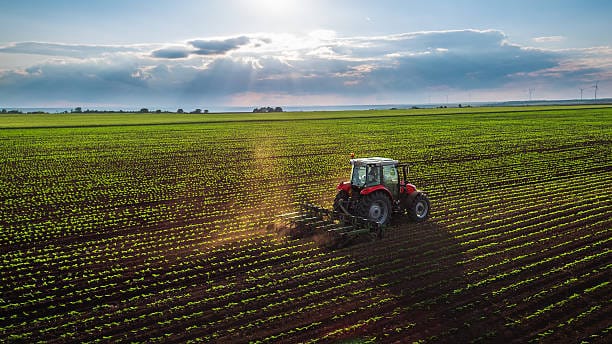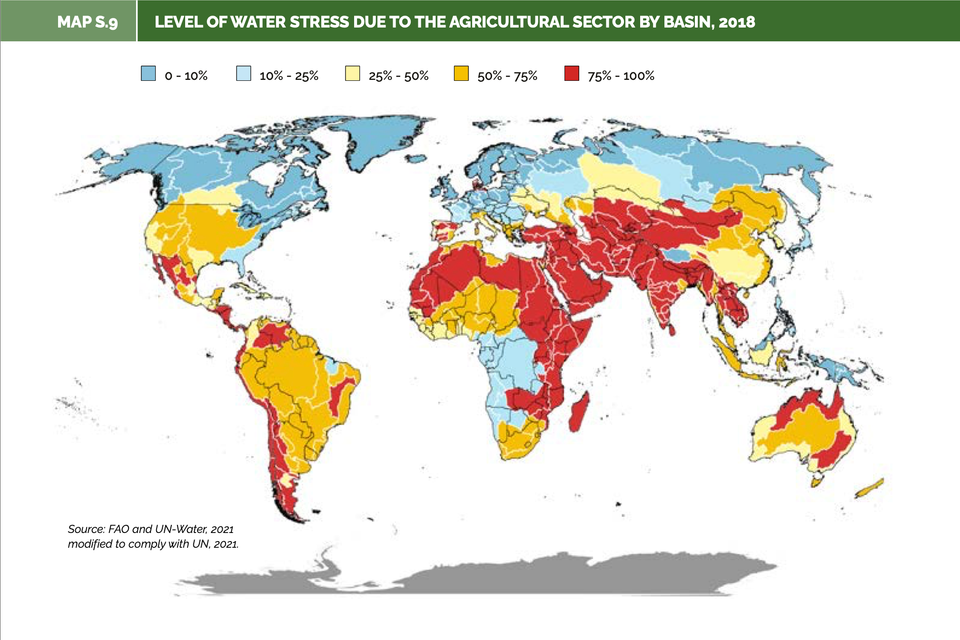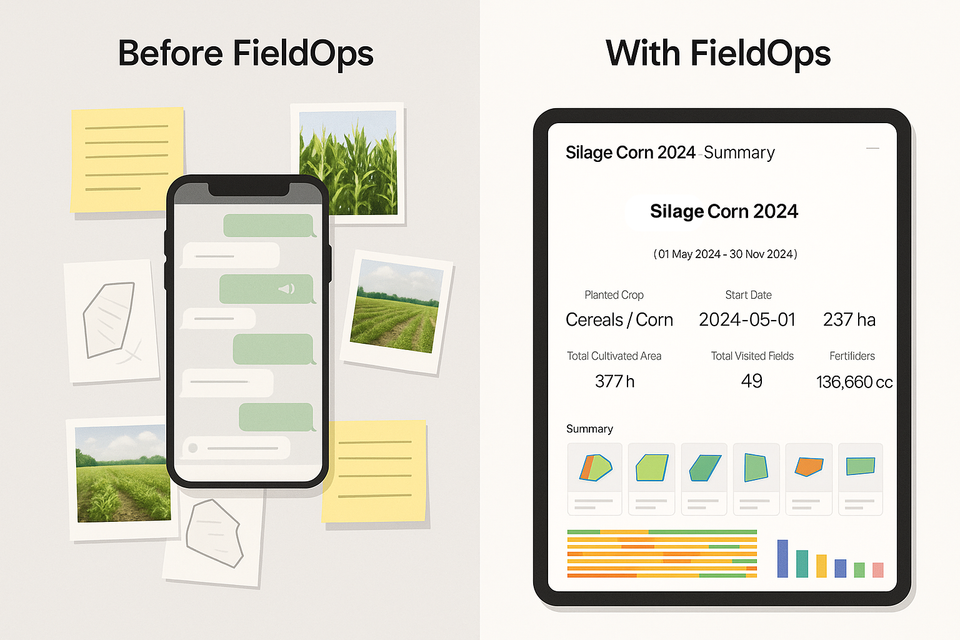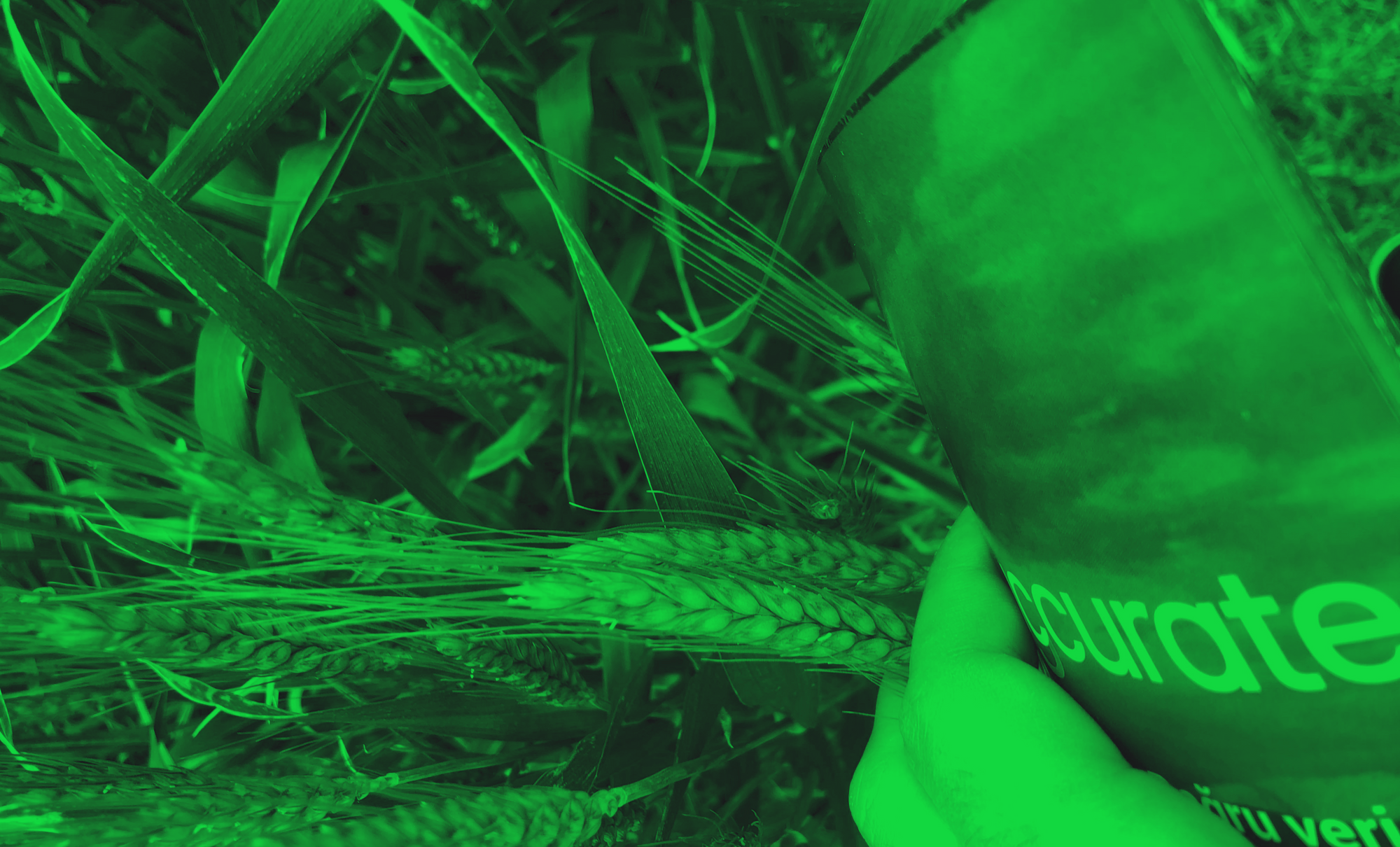The Blind Spot in Food Safety: Why Waiting for Lab Tests Isn’t Enough

TL;DR
Relying on lab tests after harvest leaves dangerous blind spots in food safety. With pesticide misuse widespread and data opaque, real protection comes from field-level monitoring and traceability from day one of the season — exactly what Agcurate’s FieldOps™ delivers.
In recent months, pesticide-laden produce exported from Turkey has repeatedly been rejected at European borders. From lemons with banned substances to grape leaves exceeding pesticide limits by 420 times, these are not isolated incidents—they are symptoms of a deeper, systemic issue: a lack of transparency and oversight in the agricultural supply chain.
But what about the food that doesn’t leave the country?
That’s the harder question.
The Domestic Blind Spot
While export controls occasionally uncover these violations, there is little public visibility into what’s happening within Turkey’s domestic food system.
The Turkish Ministry of Agriculture and Forestry no longer publishes comprehensive pesticide test results for produce sold locally. As a result, consumers are left navigating a maze of eco-labels, QR codes, and informal supply routes in a bid to avoid harmful residues, often without much clarity.
A 2023 report by Greenpeace Turkey sheds light on the magnitude of the issue:
- 61% of 155 fruit and vegetable samples collected in Istanbul contained multiple pesticide residues.
- 43% of those samples had at least one PFAS-type pesticide — so-called “forever chemicals” linked to hormone disruption and developmental harm.
- 33% of the samples violated Turkish food safety regulations directly.
Source: Greenpeace Turkey - Pesticides and Children Report (2023)
News coverage: Hürriyet Daily News - Pesticide found in one-third of Istanbul produce
These are not distant threats. They’re on our plates, affecting the most vulnerable among us, especially children, whose hormonal and neurological development can be permanently impacted by chronic exposure.
Behind the Curtain: What’s Driving the Problem?
The issue isn’t just contamination, it’s coordination. Or rather, the lack of it.
- Poor production planning leads to oversupply, waste, and shortcuts in pesticide use.
- Inconsistent enforcement allows banned substances like fenbutatin oxide or neonics to reappear in fields.
- And most critically, pesticide test data remains fragmented and opaque, making it nearly impossible for consumers — or even brands — to distinguish compliant products from risky ones.
In response, the Turkish government recently introduced a base price regulation for pesticide lab tests. While this aims to standardize testing quality, it has also significantly increased costs, triggering objections from some producers and exporters.
However, the problem runs deeper.
Relying solely on lab reports after the harvest is like trying to catch smoke in your hands — it’s too late. What we really need is field-level visibility and accountability from day one of the season.
Enter Agcurate: Field-Level Transparency from the Start
At Agcurate, we believe that ensuring food safety and reducing pesticide misuse must begin before the harvest, not after.
Our platform, FieldOps™, equips AgriOps and procurement teams with tools to:
- Monitor crop health and stress using satellite and AI analysis
- Identify risks from input misuse before they escalate
- Track per-field operations, including signatures, applications, and inspections
- Coordinate across teams to meet internal and external compliance standards
With real-time visibility into what's happening on the ground, teams can act before a violation occurs, not after the damage is done.
Regulation Is Catching Up, Slowly
According to EFSA’s 2023 report, out of over 13,000 food samples tested across the EU, 96.3% were within legal limits, but 1.6% exceeded maximum residue levels (MRLs) and led to recalls and enforcement actions (EFSA 2023 Report on Pesticide Residues).
EFSA stresses that even these "low" percentages matter, as violations can trigger public health alerts and trade disruptions.
The EFSA also maintains strict monitoring of PFAS and encourages field-to-fork data transparency as a strategic goal for risk reduction (EFSA on PFAS).
"Pesticide residues in food continue to be a topic of high public interest, particularly concerning banned substances or exceedances."
Growing global awareness and regulatory shifts underline a clear message: food safety must be proactive, not reactive.
Toward a Safer Plate, for Everyone
It's not enough to test a tomato once it's on the shelf.
The future of food safety depends on:
- Field-level intelligence
- Supply chain transparency
- Shared accountability from farmer to retailer
It’s time to stop asking if our food is safe and start building systems that make sure it is.
📖 Learn more about how Agcurate helps AgriOps teams protect food safety from the ground up:




